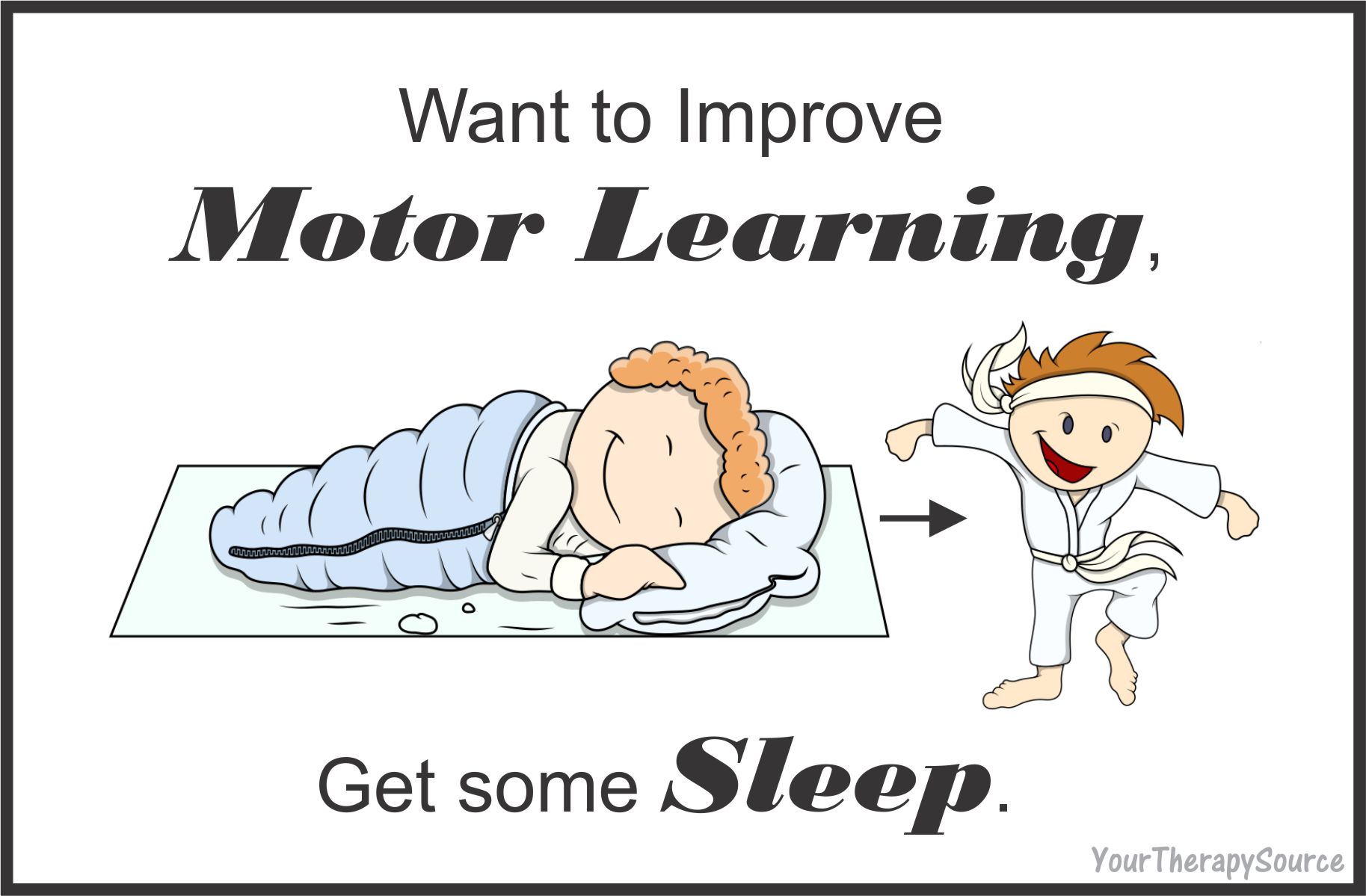Quick Brain Break – Q and A Body Game
Need a quick game to rest and refresh your student’s brain? Try this Q and A Body Game: Purpose: Promote body awareness, motor skills and listening skills. Materials: none Activity: This can be played with one player or a group of children. The adult faces the group. Explain the directions of the game. The adult […]






